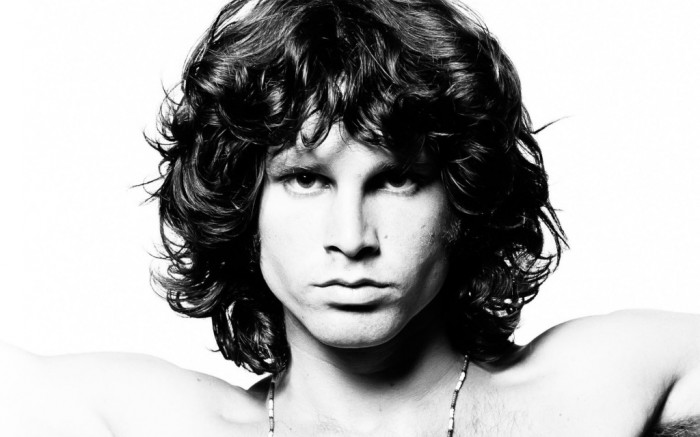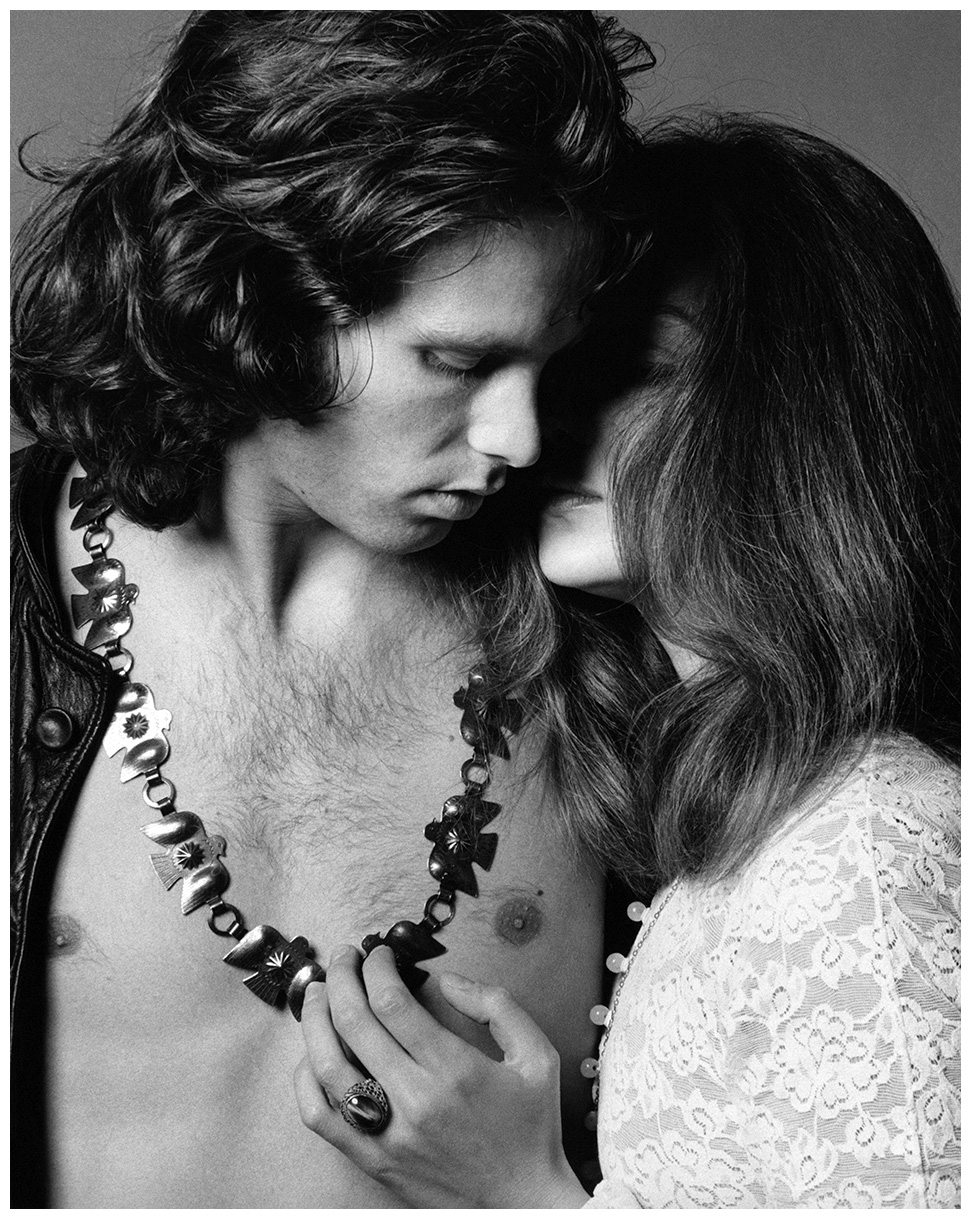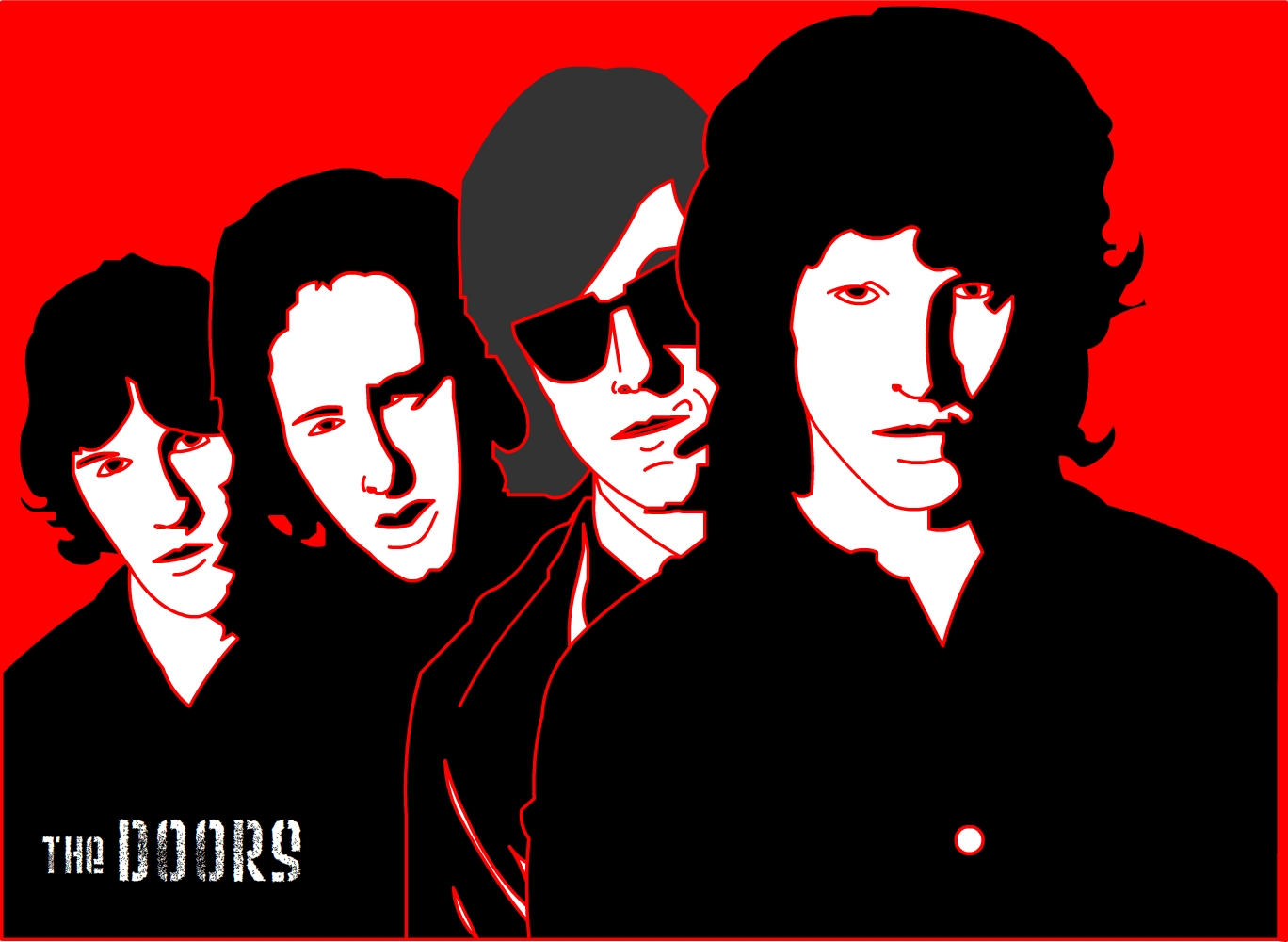
Thirty four years ago today, I visited Jim Morrison’s grave at Père Lachaise Cemetery to honor his memory on the tenth anniversary of his death. The moment sealed my lifetime interest in the Doors and especially Jim Morrison. But aside from providing the soundtrack to my life and fascinating me with his songwriting, has Jim Morrison really had an impact on how I live and work? Yes. Here are three lessons I have learned from the lizard king, which I apply today:
1. Take Risks
Morrison famously challenged us to break on through to the other side. He constantly challenged himself, too, in his actions and words. He was not afraid to write about disturbing themes in his songs and to explore topics that can still make you feel uncomfortable, such as the Oedipal subtext in “The End” and the killer on the road in “Riders on the Storm.” As a performer, he pushed boundaries to the point of defying audience expectations of rock stars, with sometimes unfortunate results, such as his being charged for indecency in the aftermath of an infamous Miami concert in 1969.
Morrison has inspired me to take risks in all aspects of my life, whether I’m auditioning to perform in a Renaissance Faire or launching my own business. My family and I create our own personal adventures each day, pushing each other to grow and live outside our comfort zones, as we did recently when we all hiked steep, unyielding trails in the Smoky Mountains. We could have enjoyed a relaxing vacation in the comfort of our rented cabin, but instead we pushed each other to literally explore new terrain that was sometimes grueling. We took risks and flourished.
2. Words Matter
The word “poet” is often tossed around to describe any rock star noted for writing penetrating lyrics (“John Lennon was a poet at heart”). In Jim Morrison’s case, the label was accurate: he really was a poet, as his works in The Lords and the New Creatures attest. Before he ever became a rock star, he wrote volumes of poetry in his own journal, from which he drew inspiration for his most powerful songs. Jim Morrison understood that words, both spoken and written, have power. To journalists, he spoke eloquently with memorable sound bytes designed to provoke and attract (famously describing the Doors as “erotic politicians”). In his songs, he painted vivid pictures, such as his depiction of the seedy Los Angeles underbelly in “L.A. Woman” or the surreal world he created in “Not to Touch the Earth.” If Jim Morrison were alive today, I doubt he’d still be singing (except for the occasional blues). But he’d surely be writing.
When I was growing up, I wanted to be a writer. Morrison helped me identify with being a writer. In college I studied journalism, kept my own journal, took a poetry class, and even had some poems published in two University of Illinois literary magazines. (I also wrote a lot of bad poetry, but who doesn’t as you learn to write?) Jim Morrison inspired me to keep writing outside the classroom. I was never foolish enough to mistake rock songs for real poetry, but Morrison’s ability to evoke strong images made me fall in love with words. I seldom wrote poetry after college, but the passion for words has always remained. No matter what I have written throughout my life, whether blog posts or personal short stories, I’ve always taken care to choose the right words.
3. Be Intellectually Curious
I remember the first time I read No One Here Gets Out Alive, the controversial biography of Morrison published in 1980. What impressed me initially was how incredibly well read Morrison was. Before he had graduated high school, he had read voraciously all the Beat writers, including Lawrence Ferlinghetti and Allen Ginsberg, as well as a wide range of authors including Nietzsche, James Joyce, Arthur Rimbaud, Plutarch, Balzac, and Molière. His intellectual thirst never waned, even amid the pressures of being a rock star. For instance, his controversially abusive and explicit performance during the Doors’s infamous 1969 Miami concert was influenced by his study of Julian Beck’s Living Theater. He also incorporated his literary influences into his songs. For instance, the song “End of the Night” is influenced by Céline’s Journey to the End of the Night, and “The Spy” alludes Anaïs Nin’s A Spy in the House of Love. Throughout his work, he also incorporates his lifelong fascination with Native American culture.
I attribute much of what I read in college to Morrison, especially my immersion in Rimbaud. I was curious to uncover what Morrison had learned and wanted to explore the literary roads he had traveled (but without his drug taking). To me, Jim Morrison was like a professor who drops a new book into your lap and says, “Now, try this one.”
I have never stopped challenging myself to learn and to incorporate those learnings in my work, whether writing blog posts or delivering presentations on the job. For instance, in a recent presentation I delivered to bloggers in a business setting, I incorporated references to David Bowie and Hunter S. Thompson — not because I was trying to be surprising and fresh, but because I was naturally sharing ideas from the diverse body of artists and thinkers who inspire me.
Who inspires you?



No comments:
Post a Comment